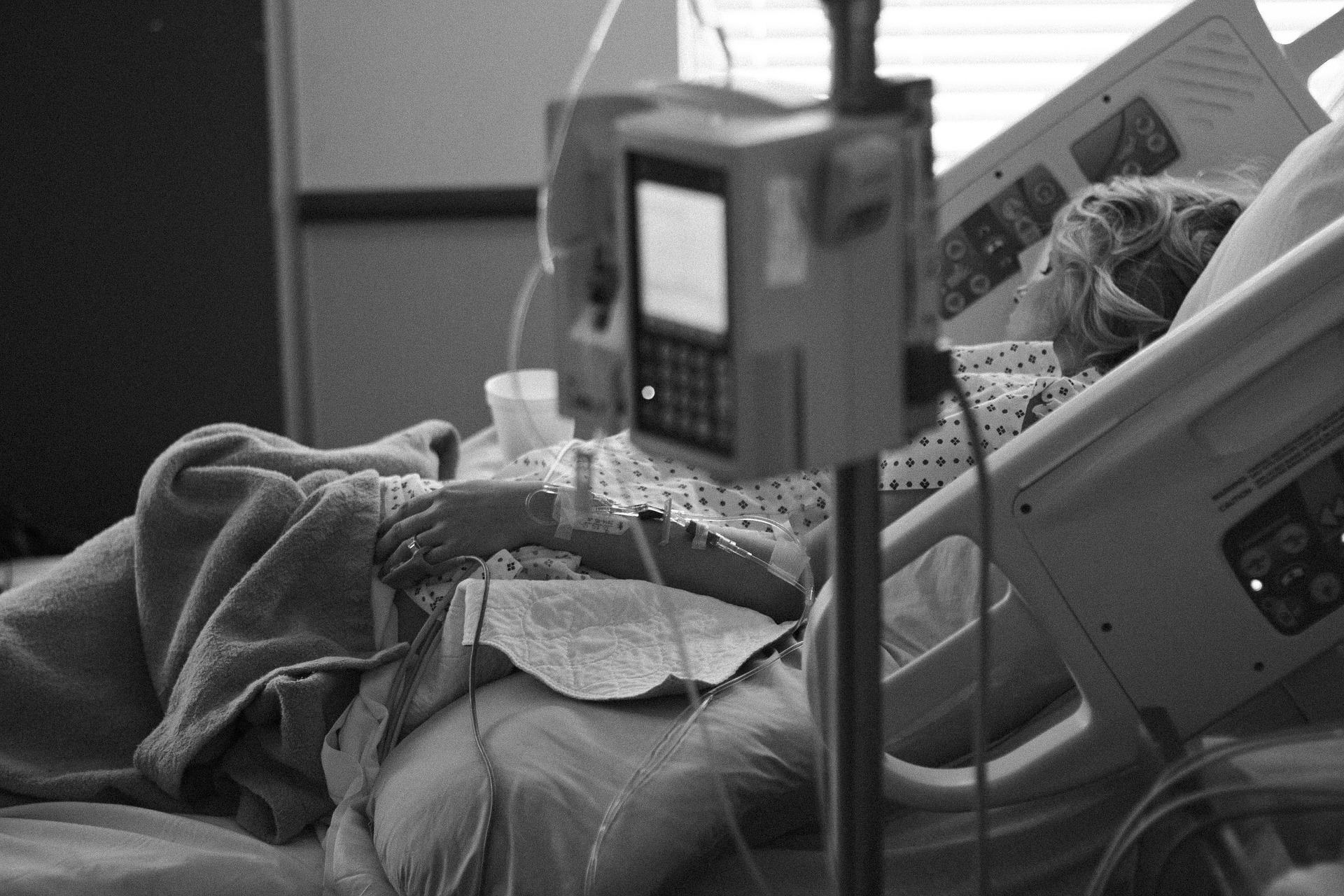Can Rapid Detox Methadone Procedures Cause More Harm Than Good?
More often than not, methadone treatment entails a lengthy process that can run for a year or longer. By the time a person is ready to stop methadone treatment, the idea of another three to six month tapering stage may well seem unnecessary.
Under these conditions, rapid detox methadone treatment can offer a quick and easy alternative, but is it worth it?
Just like the name implies, rapid detox methadone takes place within hours, as opposed to the weeks and sometimes months that regular detox methods require. For anyone considering rapid detox methadone treatment, understanding how the process works and the potential complications that can arise can go a long way towards avoiding an untimely relapse episode, not to mention a range of other health problems.
How Rapid Detox Methadone Works
Methadone, like other opiate-based drugs, breeds a certain degree of physical dependence when taken on an ongoing basis. Likewise, stopping methadone will bring on similar type withdrawal effects.
Rather than helping relieve withdrawal discomfort over the course of one or two weeks, rapid detox methadone takes place while a person is under anesthesia, according to the Centers for Disease Control & Prevention. While under anesthesia, the body goes through the entire withdrawal process within a matter of hours.
If you have more questions regarding rapid methadone detox, or wish to explore other treatment options, feel free to call our toll-free helping at 800-994-1867Who Answers?.
Potential Complications

Rapid detox takes place while under anesthesia.
Withdrawal Effects
Each person’s physiological makeup responds to the rapid detox methadone procedure in different ways. While proponents of this method claim patients experience none of the usual pain and discomfort that normally comes with withdrawal, more than a few people report experiencing the same level of pain and discomfort during the procedure.
Medical Complications
The anesthesia component of rapid detox methadone comes with a risk of medical complications as does any procedure that uses anesthesia. The risk of medical complications runs especially high during rapid detox due to the strain placed on the body.
According to the New York State Office of Alcoholism & Substance Abuse Services, it’s not uncommon for patients to experience a range of medical complications from rapid detox, some of which include:
- Diabetes
- Heart problems
- Metabolic imbalances
- Mental breakdowns
Out-of-Pocket Costs
Unlike most other forms of detox treatment, rapid detox methadone procedures are not considered an essential health benefit under the law. This means, health insurance programs won’t cover this particular procedure.
Having to Resume Methadone Maintenance Treatment
In effect, rapid detox methadone can be traumatizing on both a physical and emotional level. Under these conditions, the aftereffects of the procedure can place a person at risk of relapse.
For these reasons, many who’ve undergone this procedure end up having to go back on methadone maintenance treatment in order to maintain abstinence from compulsive drug-using behaviors.
Considerations
When all is said and done, going through a rapid detox methadone procedure with the hopes of avoiding the hassle and discomfort that comes with standard detox treatment may actually be a waste of time considering the problems and complications that can arise. While the idea of a quick fix solution may make sense at this point in your recovery, rapid detox methadone can actually cause more harm than good.
If you need help finding a methadone detox treatment program, please don’t hesitate to call our toll-free helpline at 800-994-1867Who Answers? to speak with one of our addiction specialists.
